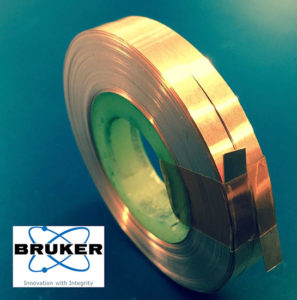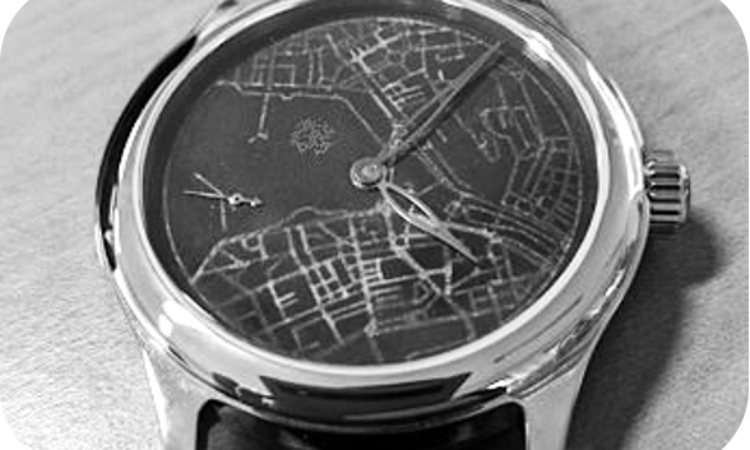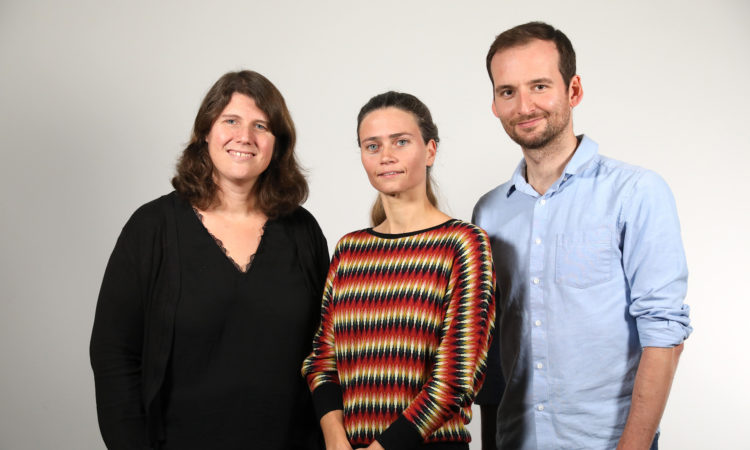Successful Completion of the Innosuisse Project “HTS Superconducting Joints for NMR Magnets”

The research project “HTS Superconducting Joints for NMR Magnets” was successfully concluded in May 2025. Initiated in September 2020 with financial support from the Innosuisse Agency, the project was a collaboration between Dr. Davide Nardelli’s group at Bruker BioSpin and Prof. Carmine Senatore’s group at the Department of Quantum Matter Physics (DQMP), University of Geneva.
The project’s goal was to develop a novel superconducting joint technology for High-Temperature Superconducting (HTS) tapes, specifically designed for Nuclear Magnetic Resonance (NMR) magnets. NMR applications require extremely stable magnetic fields, with drift tolerances below 10 parts per billion per hour. Achieving such precision requires operation in persistent current mode, which in turn depends on ultra-low-resistance superconducting joints to maintain seamless electrical continuity.
The research focused on establishing reliable and reproducible methods for fabricating joints between REBCO (REBa₂Cu₃O₇₋ₓ, where RE = Rare Earth) commercial tapes. This posed a complex, multidisciplinary challenge due to ceramic nature of REBCO, the sensitivity to oxygen stoichiometry, and the need for highly sensitive measurements under extreme conditions—high magnetic fields, cryogenic temperatures, and high currents.
The team successfully demonstrated HTS joints with high critical currents and contact resistances in line with the persistent mode target of 10-12 Ω — a significant milestone in the field. Beyond these technical achievements, the project led to the development of innovative manufacturing processes, culminating in a patent filing. Several scientific publications have also emerged from this work.
From Bruker, Dr. Konstantina Konstantopoulou (Project Manager) and Dr. Robert Sobota (Senior Scientist) contributed to the qualification methodologies and industrial application. On the University of Geneva side, Celia Lucas (PhD Candidate) and Dr. Pablo Cayado (Postdoctoral Researcher) played key roles in developing the joint fabrication techniques.
The project also served as an excellent training enviroment for early-career researchers, with a strong focus on industry-oriented outcomes.
The team’s expertise, motivation, and collaborative spirit were pivotal to both the project’s technical success and the effective transfer of knowledge.



